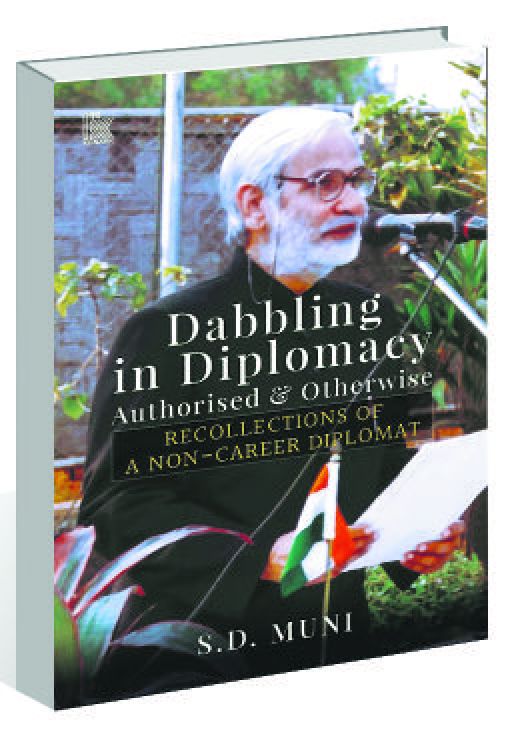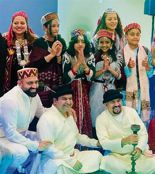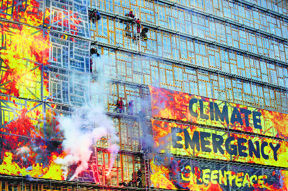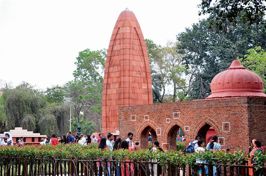Dabbling in Diplomacy: Authorised and Otherwise by SD Muni. Konark Publishers. Pages 228. Rs 800
Book Title: Dabbling in Diplomacy: Authorised and Otherwise
Author: SD Muni
Sandeep Dikshit
Prof SD Muni wears his erudition lightly, making it hard for someone with passing acquaintance with his scholarship to fathom the depth of his understanding about all important turning points in India’s relations with Nepal, Bhutan, Sri Lanka and Bangladesh for over five decades.
Muni authored over a dozen books but withheld several crucial details, especially of his personal participation in mainstreaming the Maoists in Nepal and mending ties with Sri Lanka after the Indian Peace Keeping Force (IPKF) episode. Having entered the last leg of his lifespan, he decided to write it down as truthfully and honestly as he could to capture his nearly 60 years as tutor, mediator and counsellor to future PMs and monarchs.
Diplomacy was nowhere on the antenna for a child born in a poor Brahmin family in Jodhpur. For some years, he flitted from one scholarship or teaching assignment to another. His shift to Delhi provided him with his first brush with Nepal, which he calls his first love. Immediately, Muni began carrying messages between the Indian government and the Koirala brothers. Soon, he was a familiar face in the sprawling household of the First Family of Nepal. These experiences, as also his arrest for demonstrating against British PM Edward Heath’s India visit, broadened his perspective, instilled an abiding aversion for colonialism and racialism and support for India’s non-alignment policy.
In 1973, the rolling stone found a stable perch in JNU. Membership of the India International Centre (IIC) helped him develop an academic identity beyond JNU. The Saturday discussion club, an elite club within IIC, and three of its directors paved the way for his increased participation in international seminars and Track Two dialogues.
The Saturday club led to friendships with former PM IK Gujral and Dinesh Singh, who held ministerial positions under three successive PMs. A stout backer of the Gujral Doctrine, he quotes the former PM to reject the charge (primarily from the BJP) that it compromised national security. Critics glossed over a key tenet in the Doctrine that China and Pakistan were exceptions and the key of non-reciprocity would not apply to them, Gujral told Muni. As PM, he could not go ahead with nuclear tests, Muni reveals, because of the CPI(M)’s opposition.
From drafting speeches for Dinesh Singh in the Foreign Ministry, acquaintance with MEA officials and their leaning on him to assess developments in Nepal and Sri Lanka crystalised into lifelong friendships that sent Muni on sensitive quasi-diplomatic assignments. Retiring from JNU in 2006, Muni’s pace of engagement in India’s sensitive foreign policy approaches to the neighbourhood only quickened.
His non-stop touch with academics meant former students in the middle rungs of the hierarchy also offered him insider accounts. For instance, Sri Lankan President Maithripala Sirisena turned down PM Modi’s request to grant the East Container Terminal project to the Adani Group because of his bias towards China.
Muni played a pivotal role in a rare instance of an insurgent group laying down arms. Muni captures it all — the initial horror on the part of some Indian Cabinet ministers and high-ranking officials when Muni suggested they break bread with the Nepali Maoists to a grudging acceptance of their offer to lay down arms. While Prachanda and Baburam Bhattarai, two underground Maoist leaders, frequently met him, intelligence agencies, which let them freely move throughout India, would threaten Muni on phone and with complaints to the JNU Vice-Chancellor against meeting them!
An integral part of the MEA’s consulting apparatus, he found the very same diplomats harbouring a “them versus us” outlook when he formally joined their ranks as Ambassador to Laos. Muni holds back no punches when he describes how the MEA tried to freeze him out or how tensions among India’s policy apparatuses led to “policy bumps” with Sri Lanka and Nepal. In the process, he uncovers the true face of many leaders beyond their ideological masks.
Muni also reveals the mysterious MS Puri, who signed the India-Sri Lanka Accord on behalf of the Indian High Commission. It is none other than the present Petroleum Minister Hardeep Singh Puri, whom even Sri Lankan Presidents acknowledged as an expert on LTTE. His initial got changed from H to M due to a typing error!
In each of his chapters, Muni offers insights and advice that the Foreign Office would do well to ponder over, including his caution that South Block may be misplaced in thinking that a traditional monarchy in Nepal would deter the expanding Chinese strategic footprint. Or that Sri Lankans feel that under their skin, Indians remain partial to the Tamils. Muni, however, lightly skims over ties with the US and the workings of think tanks. Muni closes his book with ‘Lessons Learnt’, where he explains why the ground reality of political dynamics and diplomatic relations are different from textbooks and classroom teaching.














